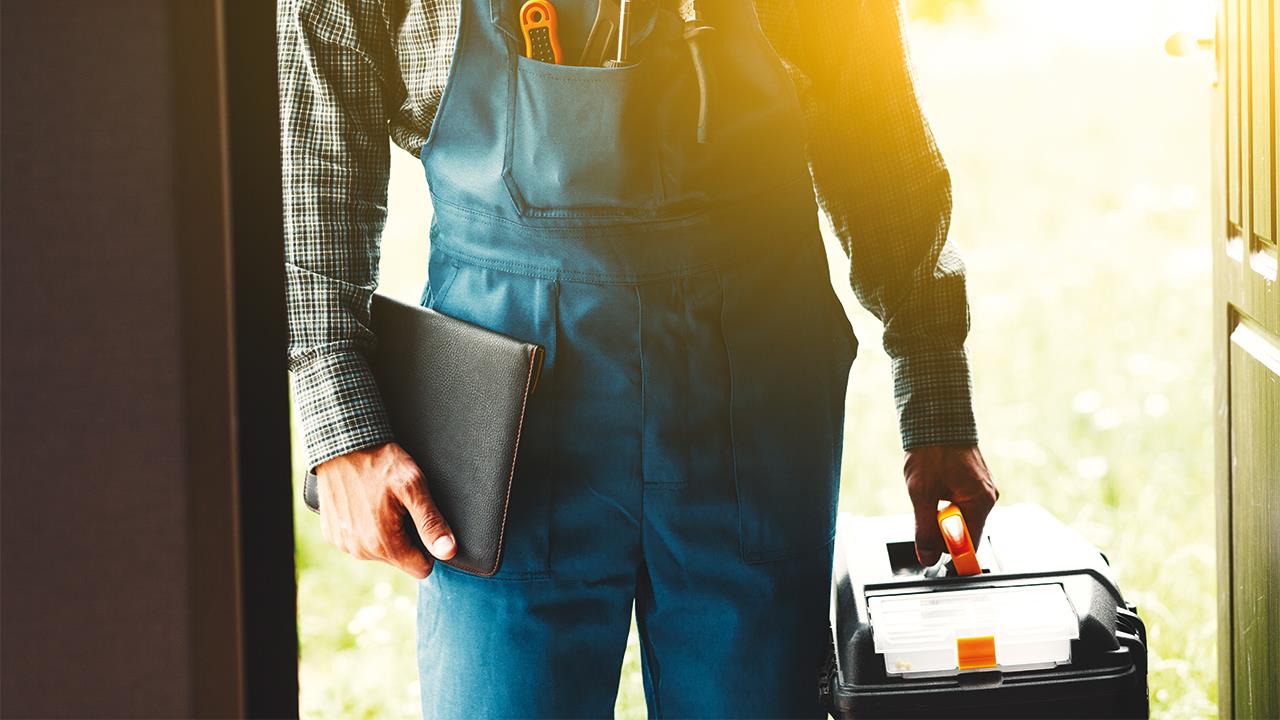

Is heating and plumbing installation the ultimate ‘green job’? Colin Timmins, H&V Portfolio Manager at BEAMA, ruminates.
One of the increasingly popular buzzwords over the last few years is the concept of ‘green jobs’. This is particularly popular with politicians given that it combines the idea of tackling climate change with the benefits of creating employment.
However, it can often lead to suspicions that those using the phrase haven’t really thought about what those green jobs actually do, and it often comes with an implicit suggestion that such jobs are low skilled and easy to train people to carry out.
This is one reason why heating installers, who have spent years developing their skills and gaining the necessary qualifications, may resist being included under a sweeping range of green jobs. But, given the political value that is being put on green jobs, it would be better to show exactly how big a role heating installers will play in the enormous challenges of moving to a low carbon economy.
After all, much of the real energy efficiency gains that have been made so far in UK homes are a result of the installation of condensing boilers to replace older, less efficient boilers, and from the addition of controls to heating and hot water systems to reduce waste energy and improve the efficiency of those systems.
The heating industry should never miss an opportunity to point out that improving the energy efficiency of homes, one of the key challenges for government’s net-zero agenda, is primarily a heating issue, with heating and hot water accounting for about 80% of the energy use in an average home.
Many of the steps that will be taken in the next few years to further reduce energy use in existing homes are already set out in the enhanced Building Regulations standards that will come into force next year. Heating installers will continue to enhance their ‘green’ credentials as they meet new requirements for low temperature systems, enhanced commissioning, and room temperature controls – all of which will lead to even greater energy efficiency.
Heat decarbonisation will require further skills development by heating installers as there will be an increasing demand for low carbon heating systems, such as heat pumps. While much is sometimes made of the huge number of registered gas installers compared to the current much smaller numbers of MCS-registered heat pump installers, this is more a reflection on current demand rather than an indication that a whole new wave of installers is needed.
Many of the skills involved in current heating work will be transferable to low carbon systems and so this change is unlikely to concern most installers, but many may not rush to get trained on different types of systems until their customers are asking for them.
A recent study for the Department of Business, Energy and Industrial Strategy (BEIS) on heating installers working in off-gas grid areas (where high carbon fossil-fuelled heating is due to be phased out) revealed that over 70% of non-heat pump installers would be happy to learn how to install new low carbon technologies but only when they were confident there would be sufficient demand for these. One of the main barriers highlighted was the cost of attending a training course, particularly when factoring in the cost of missing out on a day’s work.
That’s not to say that there won’t be a need for additional jobs in the heating sector. The same BEIS research also identified that many of those who didn’t see the need to add heat pump installation to their skills were close to retirement. Undoubtedly there are opportunities for young people in this sector as long as they are willing to undertake the training needed, and no-one should pretend that this will be quick and easy.
The importance of heating and hot water in the overall energy use of a home also means that there will be opportunities for heating installers to expand their offering and specialise in the overall integration of technologies.
A future smart home could have solar energy, battery storage, and electric vehicle charging that will all need to work cohesively with other systems in the house, particularly with heat pumps and electric water heating. Some heating installers will undoubtedly want to move into delivering fully integrated systems for their customers, and this is just one example of how the future could offer opportunities to build on existing valued skills.
Heating installers already play a leading role in delivering energy efficiency, they will be at the forefront of the transition to low carbon heating, and they have the opportunity to be at the heart of facilitating smart, connected homes. We shouldn’t shy away from describing a heating installer role as a ‘green job’, but we should make it clear that it requires dedication and training to take on this skilled and respected role that will be fundamental to the government delivering on its net-zero targets.
If you'd like to keep up-to-date with the latest developments in the heating and plumbing industry, why not subscribe to our weekly newsletters? Just click the button below and you can ensure all the latest industry news and new product information lands in your inbox every week.